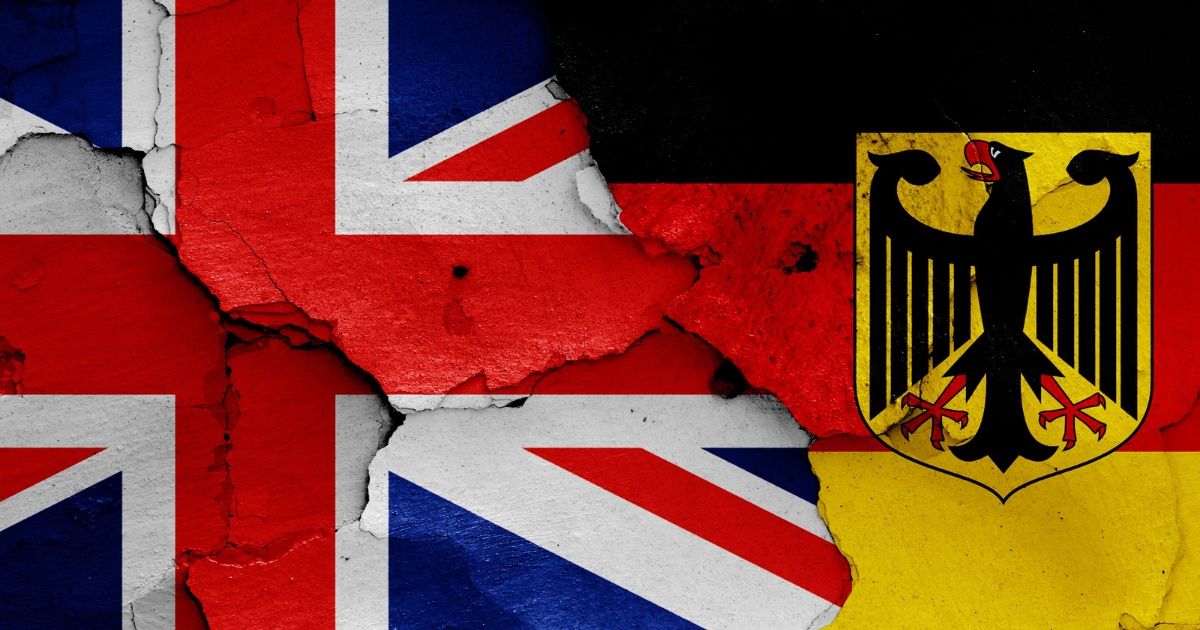A landmark defence agreement has been signed by Defence Secretary John Healey MP and German Defence Minister Boris Pistorius in a major moment for NATO, and European security and prosperity. It is the first-of-its-kind agreement between the UK and Germany on defence.
The signing of the Trinity House Agreement marks a fundamental shift in the UK’s relations with Germany and for European security. This agreement between Europe’s two biggest defence spenders will strengthen national security and economic growth in the face of growing Russian aggression and increasing threats.
The new partnership will help drive investment into the UK – with the agreement paving the way for a new artillery gun barrel factory to be opened in the UK, supporting more than 400 jobs and nearly half a billion-pounds boost to the British economy. The opening of the Rheinmetall factory will see the UK manufacture artillery gun barrels for the first time in 10 years, using British steel produced by Sheffield Forgemasters.
The deal will see the UK and Germany work together systemically for years to come on a range of ground-breaking defence projects and across all domains (air, land, sea, space and cyber). This includes working jointly to rapidly develop brand-new extended deep strike weapons that can travel further with more precision than current systems, including Storm Shadow.
It will bring the two nation’s defence industries closer than ever, including a long-term commitment to manufacturing Boxer armoured vehicles, supporting skilled jobs across the UK. The deal also aims to support and expanded complex weapons development in the UK, laying a path for Sting Ray Torpedoes procurement.
The agreement is a key example of the Government delivering on its commitment to reset relations with European allies and bolster national security. It will be signed less than 100 days after the Defence Secretary visited Berlin to kick off negotiations in July and is the first pillar in a wider UK-Germany treaty pledged by Prime Minister Keir Starmer and Chancellor Olaf Scholz in August.
Defence Secretary John Healey MP said:
“The Trinity House Agreement is a milestone moment in our relationship with Germany and a major strengthening of Europe’s security. It secures unprecedented levels of new cooperation with the German Armed Forces and industry, bringing benefits to our shared security and prosperity, protecting our shared values and boosting our defence industrial bases.
“This landmark agreement delivers on the Government’s manifesto commitment to strike a new defence relationship with Germany – less than four months since winning the election in July – and we will build on this new cooperation in the months and years ahead. I pay tribute to our negotiating teams who have worked hard at pace.”
German Defence Minister Boris Pistorius said:
“The UK and Germany are moving closer together. With projects across the air, land, sea, and cyber domains, we will jointly increase our defence capabilities, thereby strengthening the European pillar within NATO. We can only strengthen our ability to act together. This is why our cooperation projects are open to other partners.
“We must not take security in Europe for granted. Russia is waging war against Ukraine, it is increasing its weapons production immensely and has repeatedly launched hybrid attacks on our partners in Eastern Europe.”
With the Trinity House Agreement, we are showing that the NATO Allies have recognised what these times require and are determined to improve their deterrence and defence capabilities. As it lays the foundation for future projects, the Trinity House Agreement is an important contribution to this. It is particularly important to me that we cooperate even more closely to strengthen NATO’s eastern flank and to close critical capability gaps, for instance in the field of long-range strike weapons.

